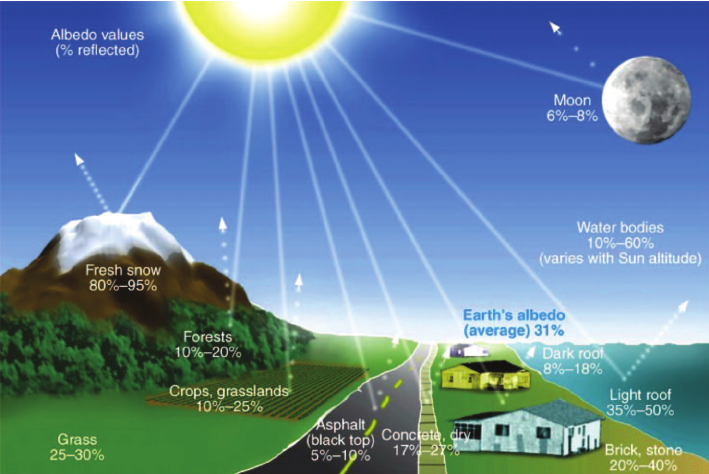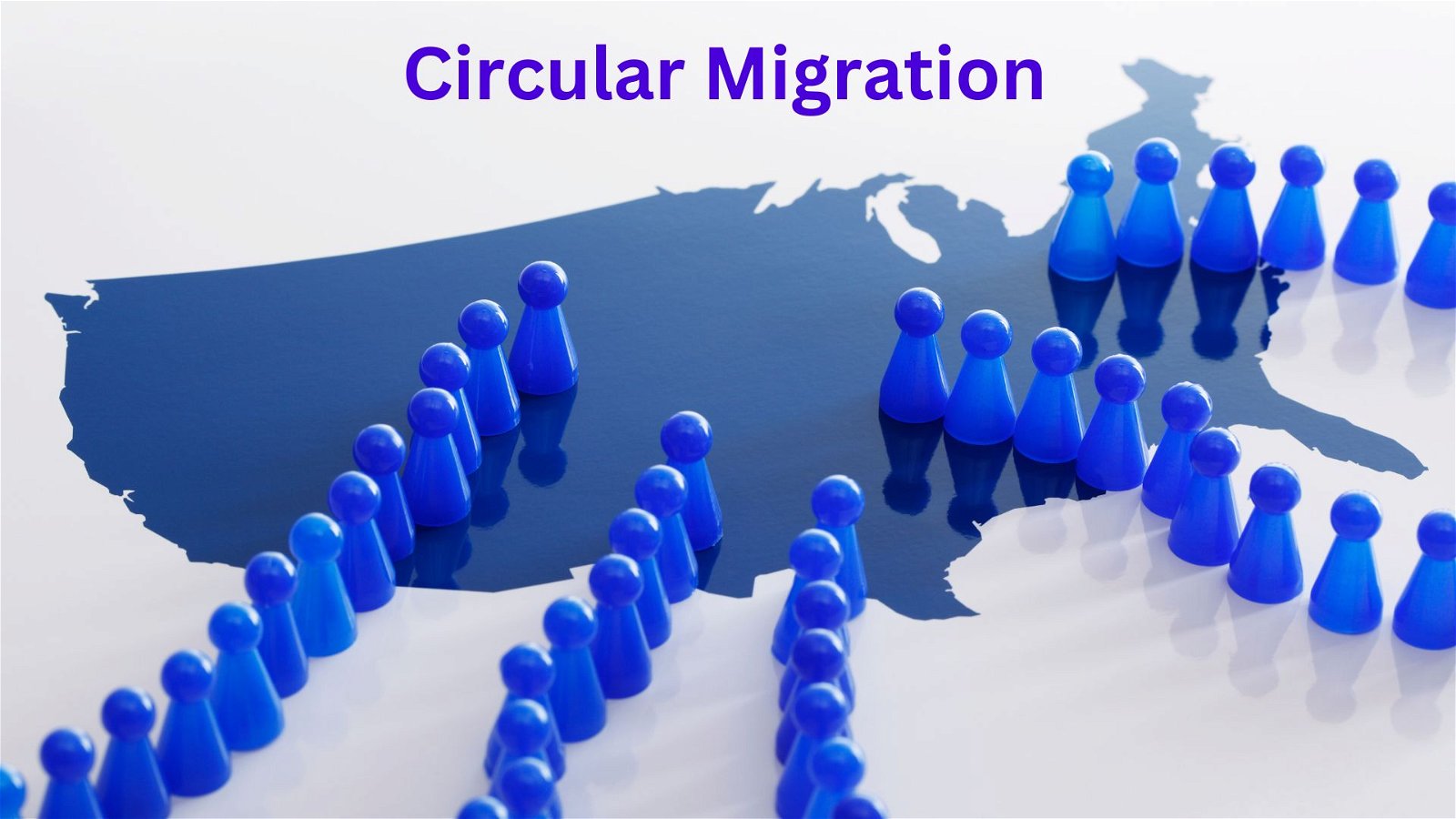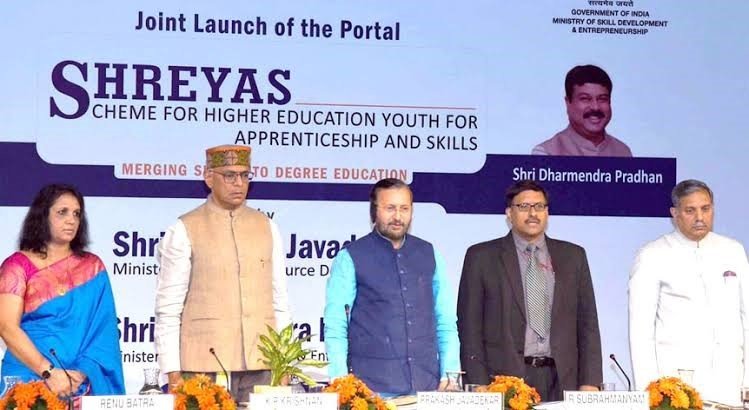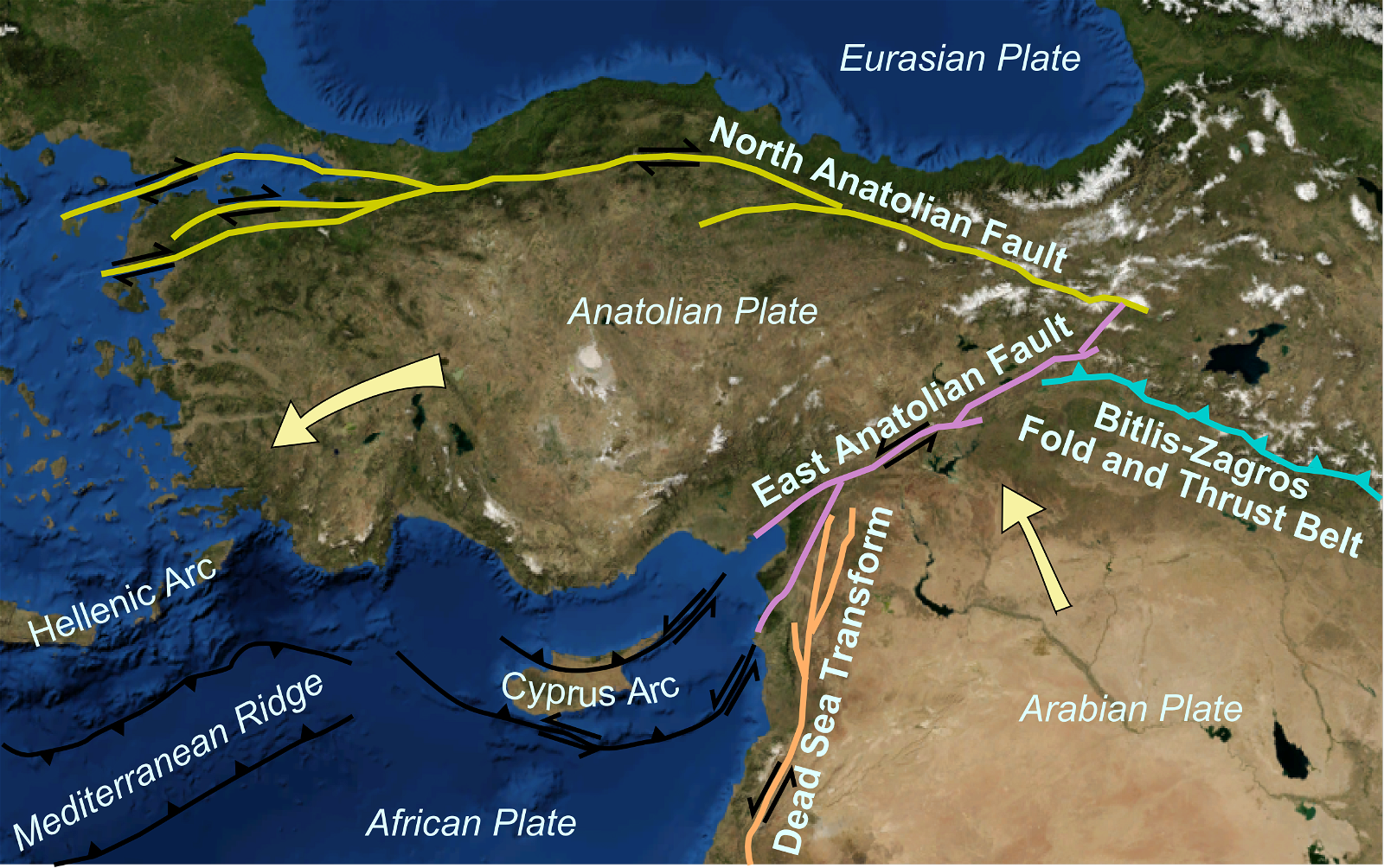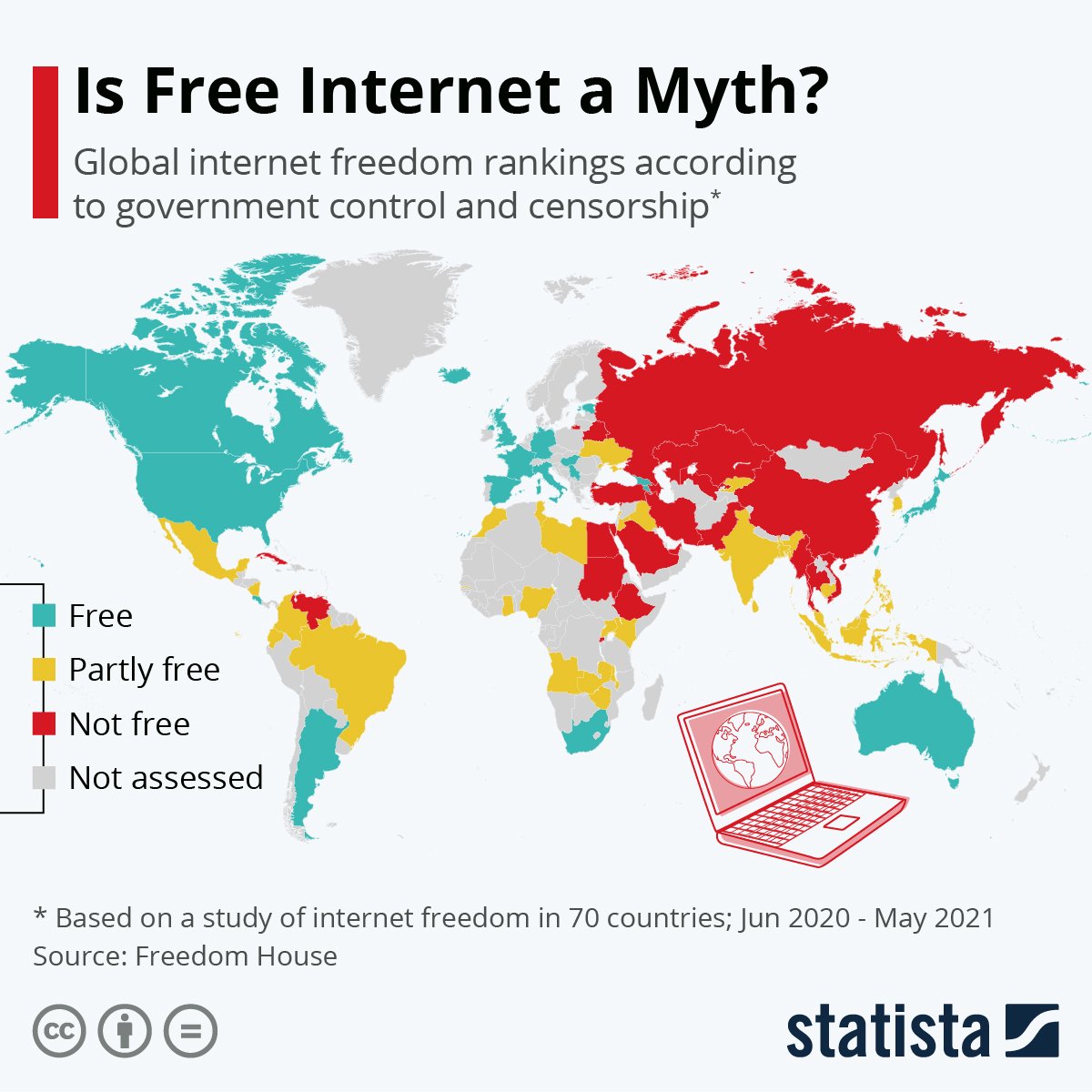
National Framework for Climate Services (NFCS)
Subscribe to Never Miss an Important Update! Assured Discounts on New Products!
Must Join PMF IAS Telegram Channel & PMF IAS History Telegram Channel
National Framework for Climate Services (NFCS)
- Context (TH): India will launch its maiden national-level framework, the National Framework for Climate Services (NFCS), to provide climate services and information.
- Led by the India Meteorological Department (Ministry of Earth Sciences), the NFCS will aim to mitigate climate risks for key sectors: agriculture, energy, disaster management, health, and water.
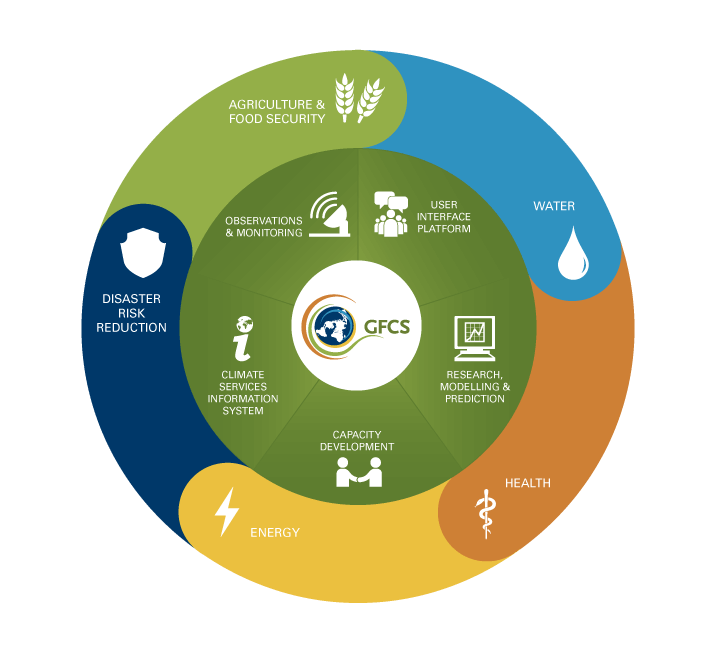
Global Framework for Climate Services (GFCS)
- NFCS is based on the Global Framework for Climate Services (GFCS).
- GFCS is a partnership of governments and organisations at a global level for enhanced climate information and service production and utilisation.
- Aim of GFCS: to unite climate information users and researchers for informed, actionable decisions and long-term improvement.
- Its establishment was announced during the 3rd World Climate Conference, Geneva (2009).
- GFCS focuses on developing and delivering services in five priority areas:
- Agriculture and Food Security
- Disaster Risk Reduction
- Energy
- Health
- Water
Role of NFCS
- In lines with the GFCS, the NFCS is based on country-specific weather and stakeholder needs.
- Unlike GFCS, the nodal agency for formulation and implementation of NFCS in India will be IMD.
- Initially, NFCS will bridge gaps between agencies needing climate services. These include hydrology, power, renewable energy, transport, dams, irrigation, and health agencies.
Benefits of NFCS
- Systematic and accurate collection, analysis, and management of data for informed decision-making
- Resilience building through early warnings and climate predictions
- Optimized resource allocation, adaptation and mitigation strategies
- Improved response to climate-related health risks and emergencies
- Capacity building through cross-sectoral integration
|




![PMF IAS Environment for UPSC 2022-23 [paperback] PMF IAS [Nov 30, 2021]…](https://pmfias.b-cdn.net/wp-content/uploads/2024/04/pmfiasenvironmentforupsc2022-23paperbackpmfiasnov302021.jpg)

